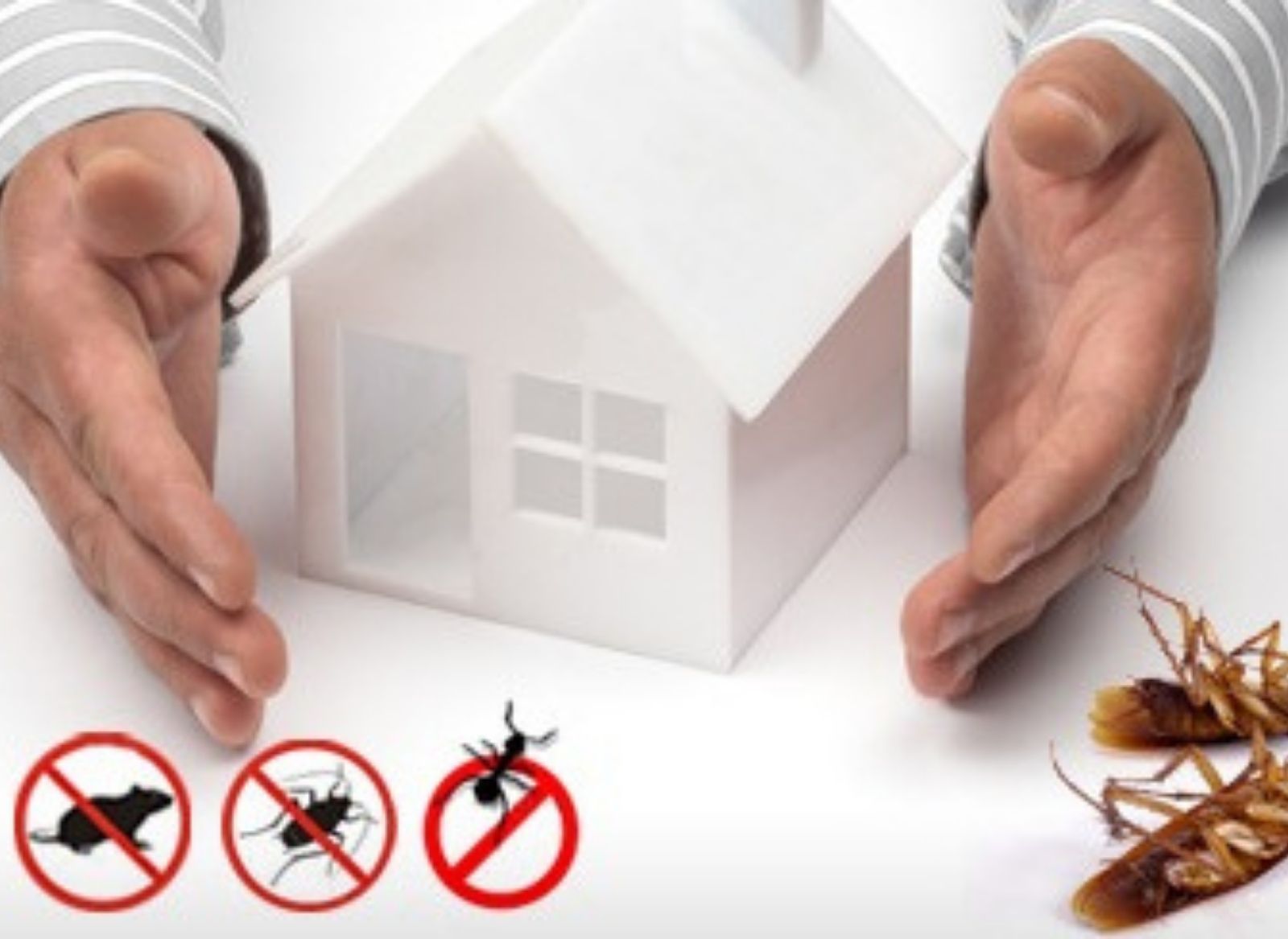The significant Effect of Climate Change on Bug Communities

Global warming is essentially altering our environment, and its impact are becoming progressively evident in multiple aspects of our lives. One significant result of these changes in climate is the impact on insect numbers, which can pose challenges for homeowners and businesses alike. As heat rise and weather patterns become more unpredictable, pests are adjusting and altering their behaviors, resulting in more common infestations in our houses and communities.
Understanding the impact of climate change on pest control is crucial for creating successful strategies to keep our homes pest-free all the year. From springtime invaders to winter mice problems, being cognizant of how climate variations affect pest behavior can enable us to take proactive measures. This article will explore common household pests, the role of professional pest control, and practical tips for keeping a pest-free environment in each season. Let's dive into the essential information you need to protect your home and loved ones against these resilient intruders.
Understanding Pest Behavior and Climate Change
Climate change is changing habitats throughout the world, and insect populations are no exception. Increasing temperatures and shifting weather trends are creating more beneficial conditions for many frequent household insects. For instance, milder winters enable insects like mattress bugs and German roaches to endure and multiply in areas where they before struggled to exist. As the climate keeps to heat up, pests may move into other regions, bringing with them a host of problems for bug regulation.
Moreover, increased precipitation and humidity can heighten the threats posed by pests. Mold and mildew thrive in wet conditions, often luring insects such as ants and woodboring insects that can create significant damage to homes and buildings. Property owners must be vigilant in noticing these environmental changes, as they directly contribute to the spread of pests. Realizing this relationship between weather and pest activity is critical for effective pest management strategies.
In conclusion, the impact of climate change on pests can also create new difficulties in controlling their populations. Traditional pest control techniques may become less effective as pests evolve to new conditions. For example, DIY pest control solutions may fail as pests develop resistance to certain treatments. It’s essential for residents to keep abreast about the developing pest environment and consider more comprehensive approaches, including routine professional pest control help, to ensure their properties pest-free throughout the year.
Efficient Pest Management Solutions Methods
To effectively handle pest populations in your home, it is important to utilize a combination of proactive measures, observation, and remediation strategies. Begin by ensuring that your home is adequately sealed. This includes examining for fissures in walls, openings around doors and windows, and blocking any openings where pests can access. Keeping a clean living environment is also crucial; habitually cleaning your kitchen and dining areas diminishes food sources that attract pests. Additionally, eliminating standing water can assist mitigate many pest issues, especially mosquitoes.
Regular inspections carry a critical role in timely detection of pest problems. By monitoring areas where pests are apt to enter, such as basements, attics, and crawl spaces, you can detect potential infestations before they become severe. Scheduling professional pest control services at intervals can further enhance your home’s protection. These specialists have the skills and tools necessary to identify various pests and implement effective control methods that are safe and sustainable.
When it comes to managing existing infestations, it is important to select the suitable approach based on the type of pest and the extent of the problem. For instance, some household pests such as ants and roaches may respond well to baiting systems, while others such as bed bugs might require more thorough treatment plans. Always comply with the guidelines for implementation and safety, especially when using chemical treatments. By merging these strategies, you can formulate a effective pest management plan that maintains your home pest-free year-round.

Preventive Strategies for All-Year Pest Management
To keep a pest-free environment for the entire year, implementing preventive measures is vital. Begin by sealing any cracks and crevices in your home’s exterior, as these openings serve as entry points for multiple pests. Ensure that windows and doors fit well and place weather stripping if needed. Regularly inspect your home for traces of pests and resolve any infestations immediately to prevent further problems.
Additionally, keeping clean indoor and outdoor areas can significantly reduce the likelihood of pest invasions. Keep food stored in sealed containers and quickly clean up spills and crumbs. Outdoor areas should be kept neat, with debris and standing water cleared, as these lure pests like mosquitoes and rodents. get more info plays a critical role, so make sure trash bins are sealed and removed regularly.
Lastly, think about scheduling regular pest inspections with a professional pest control service. These inspections can spot potential issues before they escalate, granting peace of mind and making sure that your home remains secure year-round. With vigilance and forward-thinking measures, you can efficiently manage pest populations and safeguard your living space.
